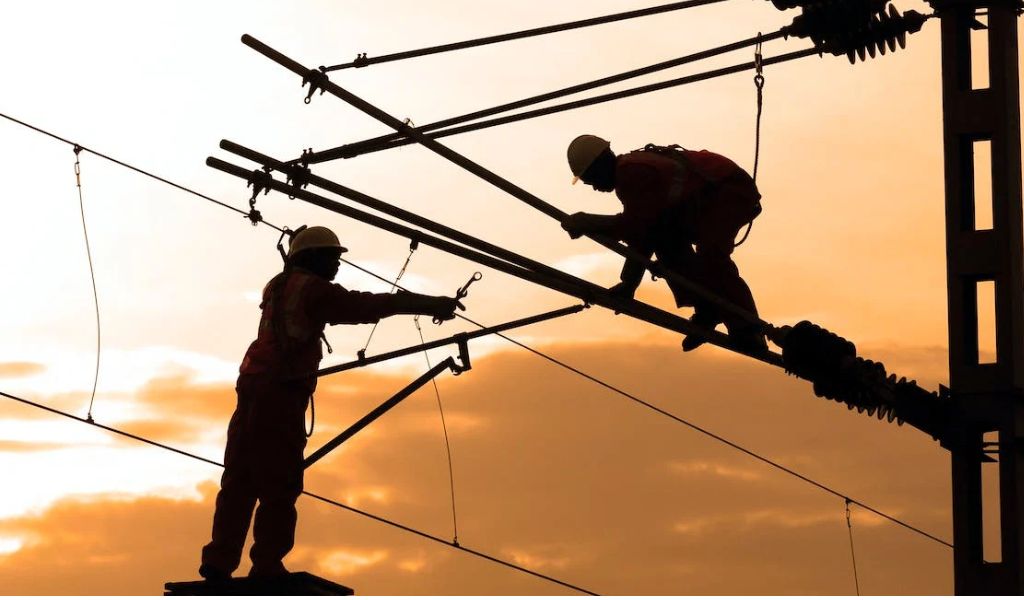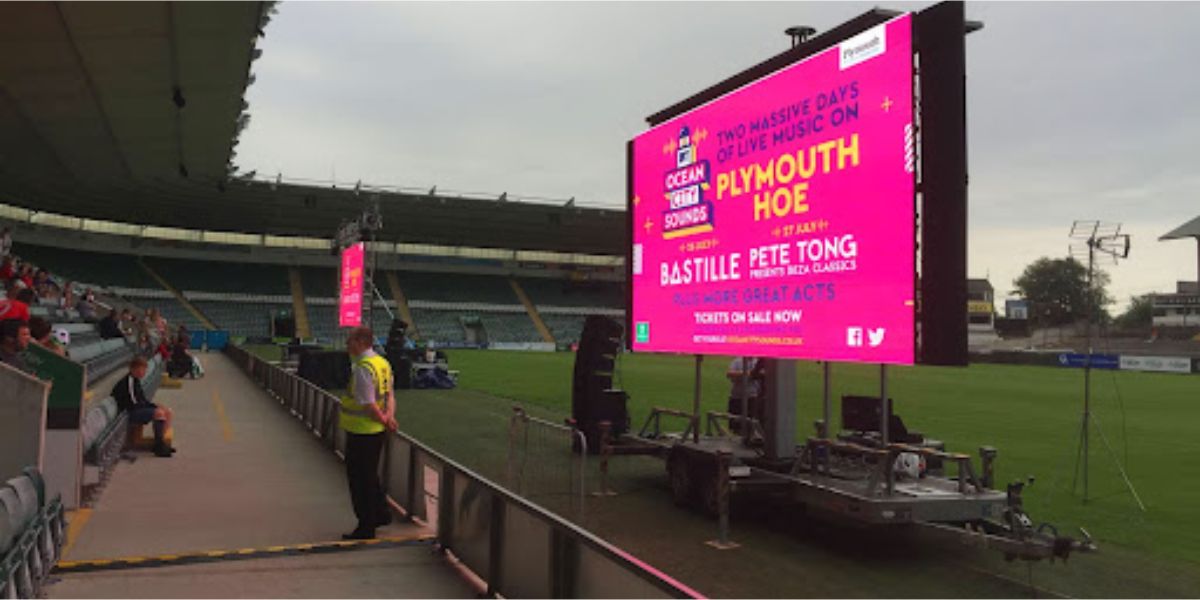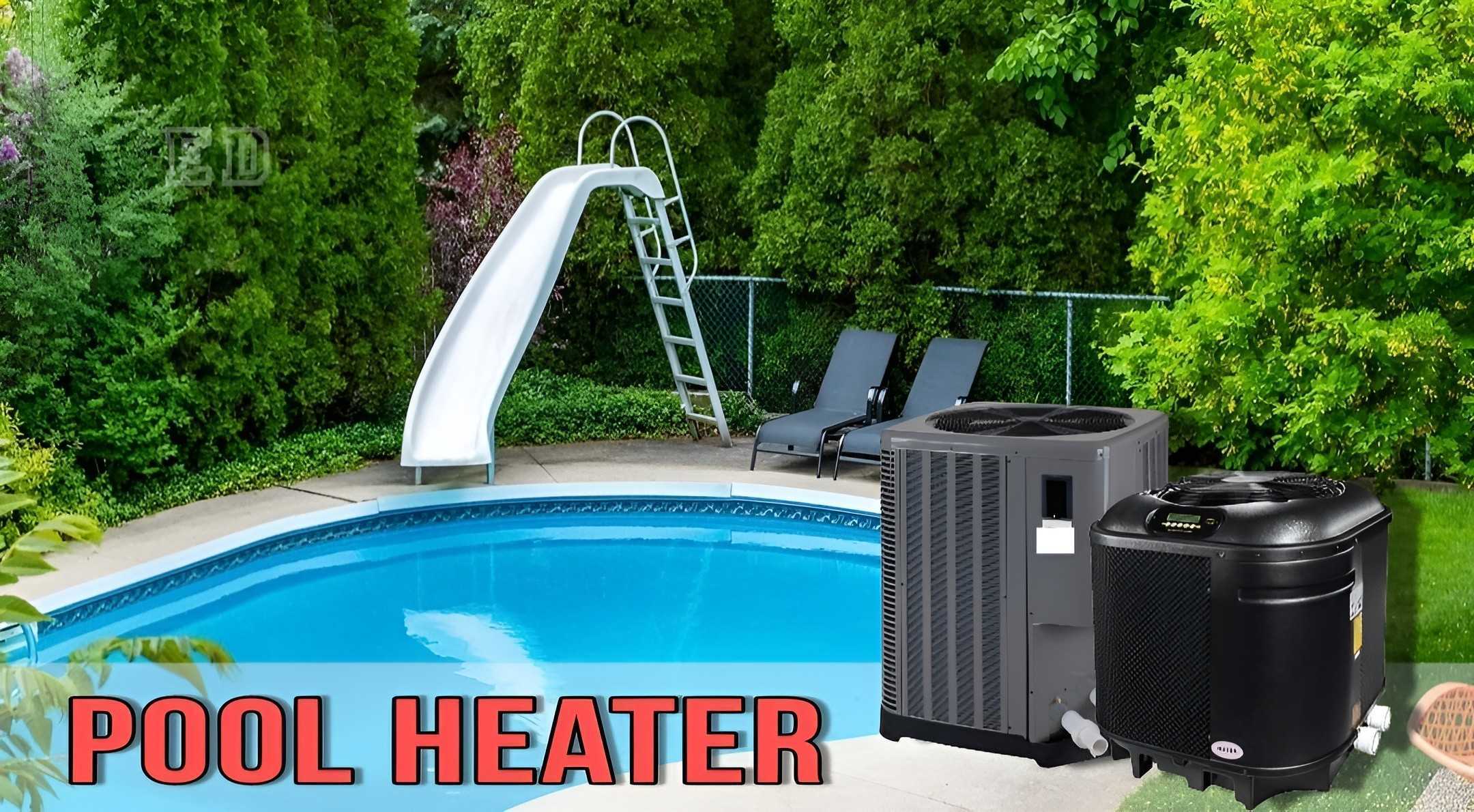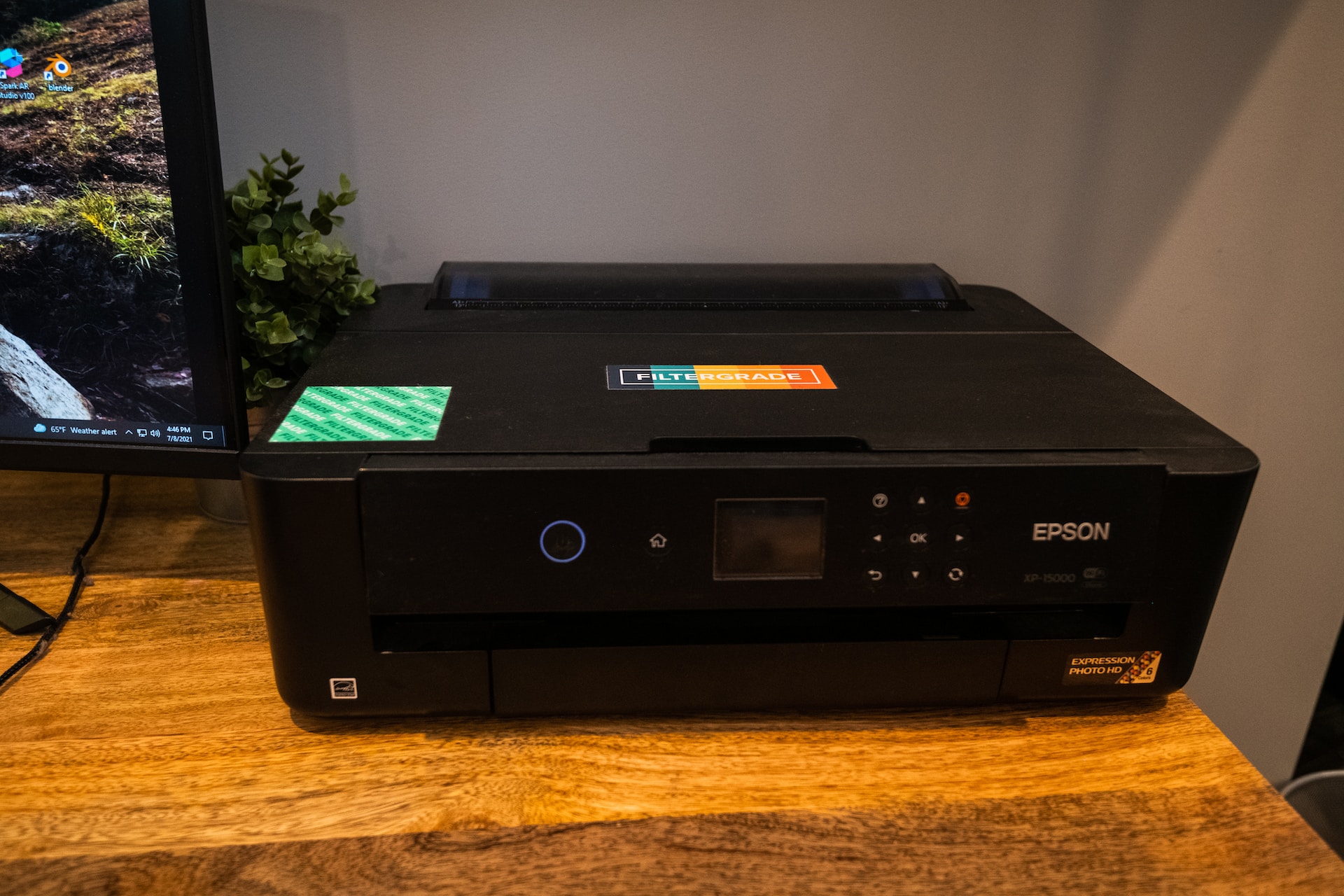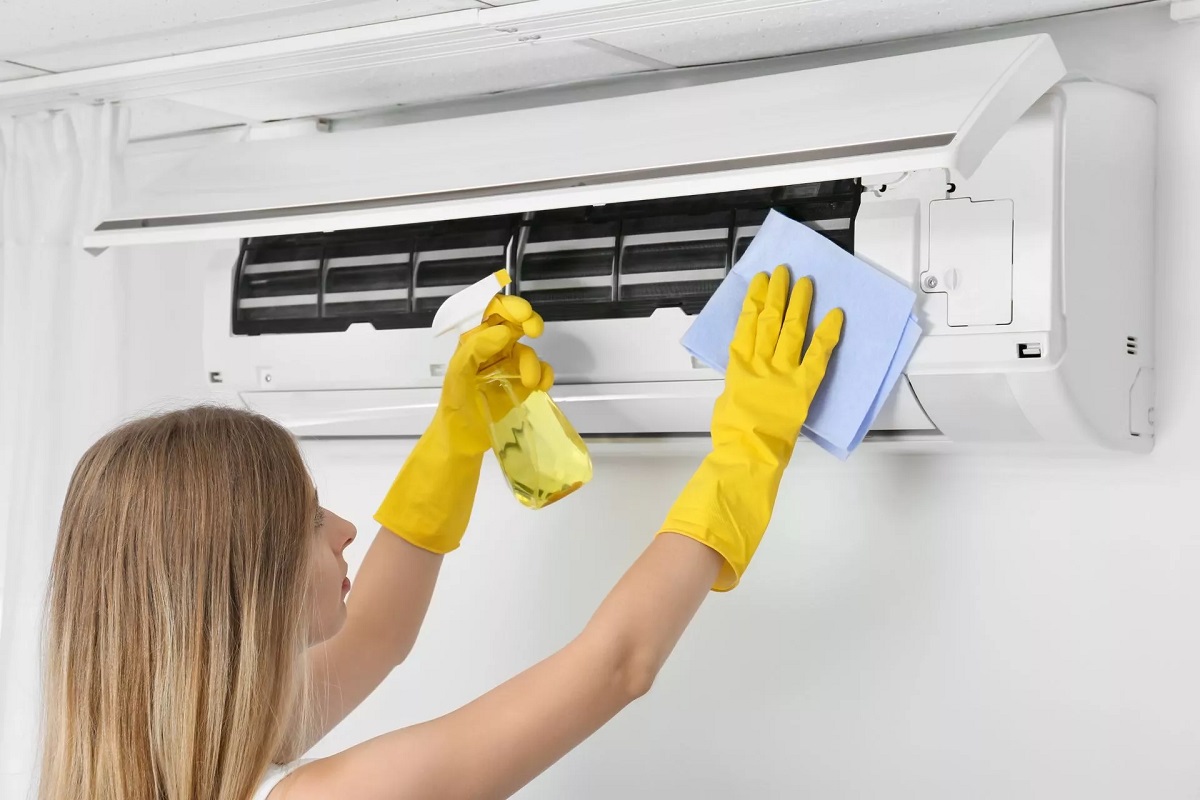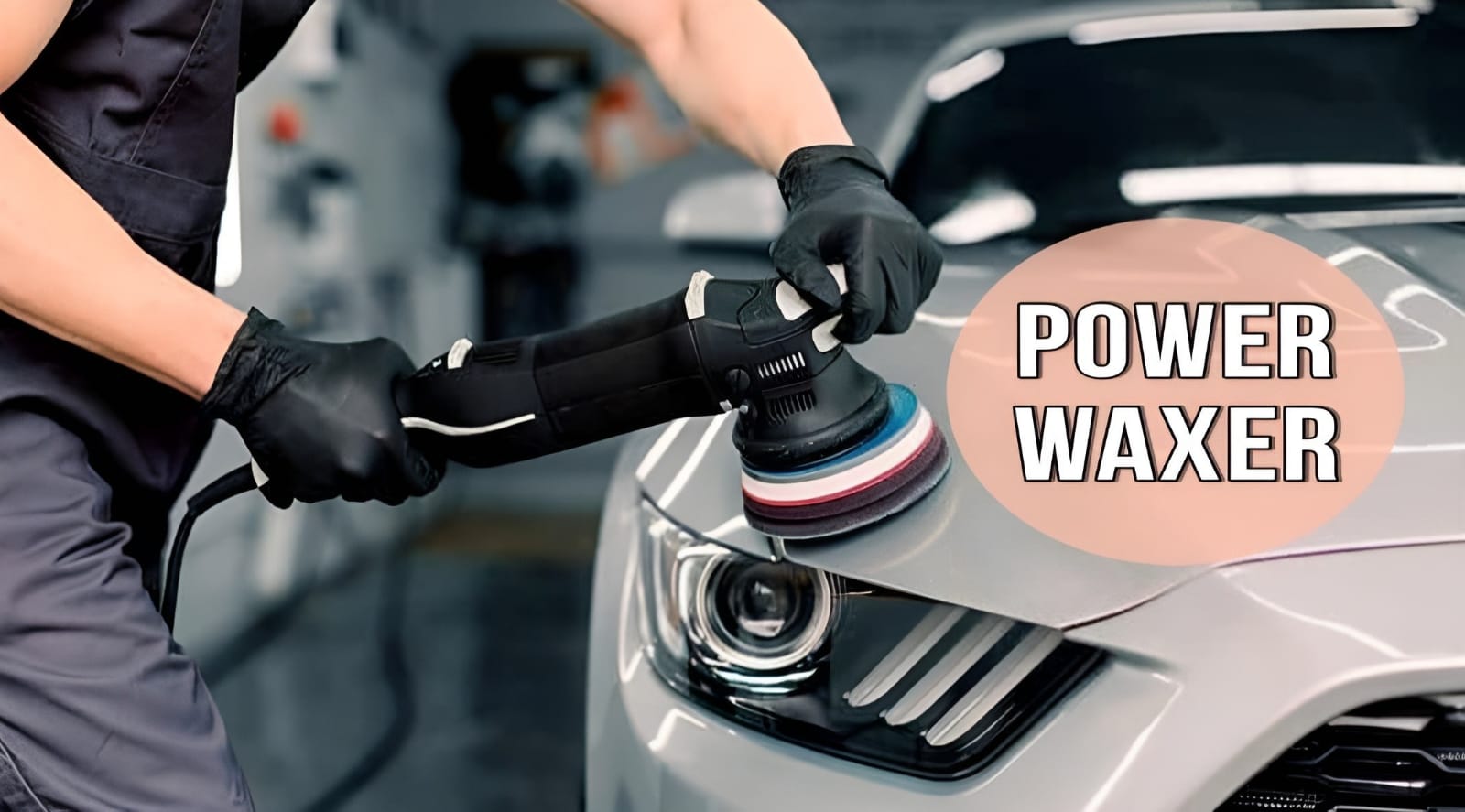Electricity is a powerful, useful and increasingly necessary tool for people to live their daily lives. It provides power for all types of tools, from simple lightbulbs to complicated life support systems in hospitals. Its ubiquity can make it dangerous if you don’t understand how to handle it safely. Here are six electrical safety tips you need to know.
1. Use And Understand Appropriate Tools
Almost every aspect of daily life involves electricity in some capacity. Most people don’t even think about it. Whether you use an electric toothbrush, make coffee or immediately turn on your computer, the tools you use to start and go about your day are powered by electricity. Most tools have built-in safety measures to protect users, but it’s still important to understand these measures and the tools you can use to increase precautions. Tools such as circuit breakers, surge protectors and power strips can help protect your home and appliances against electricity surges and help you conserve energy. Make sure you know how to use and reset these devices safely.
2. Be Aware of Electrical Hazards
Electricity is associated with two main hazards: fire and electric shock. Electrical fires are particularly dangerous because the sparks and the heat they generate can ignite dust or gas in the air, causing explosions. The most common cause of electrical fires is faulty wiring, but they can also be the result of a short circuit, current overloads or even static shocks. Electricity poses a direct risk to health and safety in the form of shocks. Exposed wiring and conductive metals can expose people to electrical currents with varying severity. You may experience a small static shock or a deadly current
3. Practice Basic Electrical Safety in Your Home Or Workplace
To avoid or mitigate electrical hazards, it’s important that you practice basic electrical safety. Only use extension cords when necessary and make sure their use is temporary. If you’re concerned about electrical wiring, outlets or other parts of your electrical system, don’t try to appraise or fix them yourself. Always hire a professional electrician. Read and follow all directions and safety precautions for tools, hardware, technological devices and appliances that use electricity, particularly equipment with high amperage.
4. Know Whether Your Home Has Outdated Wiring
Most modern homes have copper wiring, but aluminum was a popular wiring material in decades past. It was mainly used until the 1960s but had a brief resurgence in the 1990s. If your home was built in one of these decades, it’s a good idea to get the wiring checked. Aluminum wiring is outdated. While it can still conduct electricity well, it tends to deteriorate more quickly than copper, which means it’s more likely to become a fire hazard as it ages. If your home’s wiring is outdated, hire an electrician to repair or replace it.
5. Understand the Differences Between Indoor And Outdoor Electrical Safety
There are some significant differences between indoor and outdoor electrical safety. Inside a building, there are ways to ensure most of the electrical circuit is hidden and safely out of reach from anyone who isn’t trained to safely work with it. Outdoors, the electrical system may be more exposed. Proper grounding is important whether your circuit is inside or outside, but equipment and wiring outside are at higher risk of degradation and becoming wet. Both of these situations mean an outdoor electrical system is at higher risk of causing damage or injury. Outdoor electrical systems require safety tools such as Ground Fault Circuit Interrupters (GFCIs) and grounding prongs. These tools help reduce the safety risk posed by outdoor electrical systems.
6. Make Sure Your Safety Precautions Fit Your Needs
Certain people and environments have special safety needs. If you’re handling electrical safety for a workplace, you need to make sure your wiring, equipment and safety precautions and procedures are in compliance with appropriate building codes. Factories and warehouses may have different safety codes and requirements from office buildings and retail establishments, for example. If you have children or curious pets in your home, make sure you install additional safety features to protect them. Cover electrical sockets and make sure electrical devices and appliances are out of their reach.
Electricity is an essential tool in the modern world, but it is also a dangerous one. People who work directly with electricity and electrical components need proper training to do so safely. If you don’t have any training, you need to be extremely cautious when handling anything electrical or call a professional.


